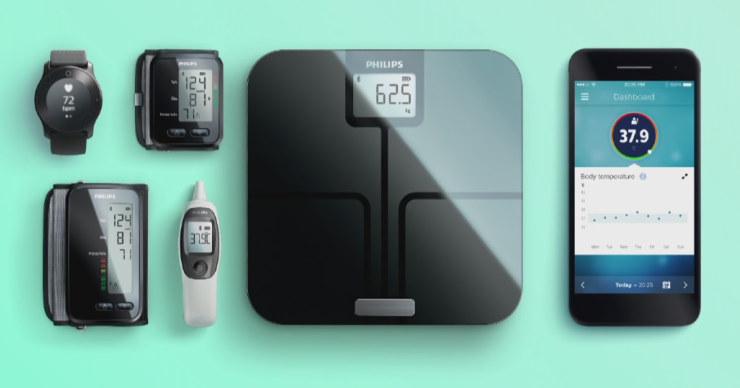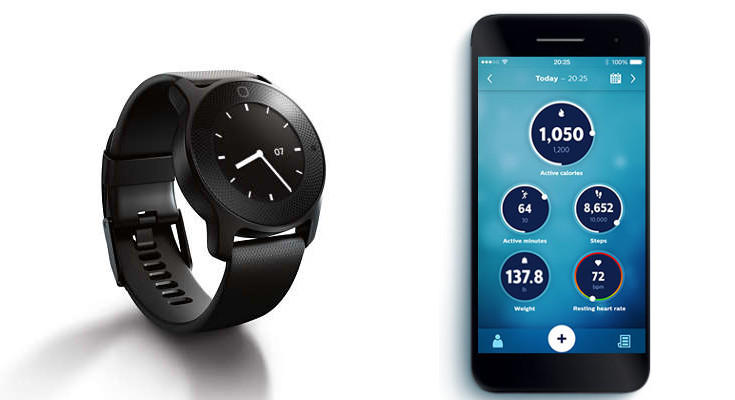Philips launches clinically validated consumer health devices
The Philips Health suite is a health-tracking platform that assists patients, and generally the people with health concerns, acquire a complete and detailed knowledge about their vital physiological information and how they change overtime. It does this by use of electronic devices of all kinds. These devices can measure weight changes and blood pressure amongst many more bodily functions, subject to the individual’s area of concern. This is all in an effort to promote a smarter lifestyle.

By Neil Versel, Med City News August 1, 2016
Royal Philips is launching a big, consumer-focused push into digital health by introducing a line of medical-grade, connected health monitoring devices and integration with a mobile app and the company’s HealthSuite digital health platform. It’s the first in a planned series of personal health programs aimed at empowering older, at-risk patients to get healthy and prevent chronic diseases.

Starting Monday at Take the small steps to better health — the general public worldwide can buy a new health watch, weight scale, ear thermometer and blood-pressure monitor. Notably, the watch automatically collects various vital signs, tracks activity and measures sleep patterns with “clinically validated” accuracy, according to the vendor.
 |
| All integrate with the new version 2.0 of the Philips HealthSuite mobile app for personal health management, and all have Food and Drug Administration clearance in the U.S. |
The products are targeted at the 66 million Americans 50 and older who have at least one chronic disease, as well as their counterparts around the world, said the Dutch company, which cited a 2009 AARP report. They are also aimed at those with high risk of developing a chronic disease.
“We are targeting the at-risk consumer,” said Eline de Graaf, North America director for the Philips Personal Health Solutions division. “There is a market out there for consumers who will buy this directly.”
Yes, direct-to-consumer health is a tough sell, but Philips seems to have a plan to expand its market following the initial launch.
“Starting out, it’s a consumer-focused play,” de Graaf said. But she said that the multinational company is “open to conversations” with parties such as health plans, physician groups and Accountable Care Organizations. The FDA clearance will help Philips when the company approaches physicians, according to de Graaf.
“It’s a little bit of a journey that we’re on,” de Graaf said. “It’s a realization that a lot more care is happening outside the hospital,” she added.
In September, Philips will release details of the next iteration of the program, scheduled to begin in 2017. “Expect programs focused on specific diseases,” de Graaf hinted.
In general, Philips wants to “measure, monitor and motivate,” de Graaf said. Motivation, of course, is the hardest element. She noted that Philips has a behavior-change psychologist and a clinical scientist on its wearables team.
Devices will collect data and upload to the company’s HealthSuite device cloud. “It’s really how you use that data,” de Graaf said. Philips will apply analytics technology it built for other industries.
Source Med City News
Also see
Feature of Philips Health Suite isn’t for ‘Fitness Fanatics’ Wearable Tech Digest
FDA Issues Final Guidance for General Wellness Devices The National Law Review
